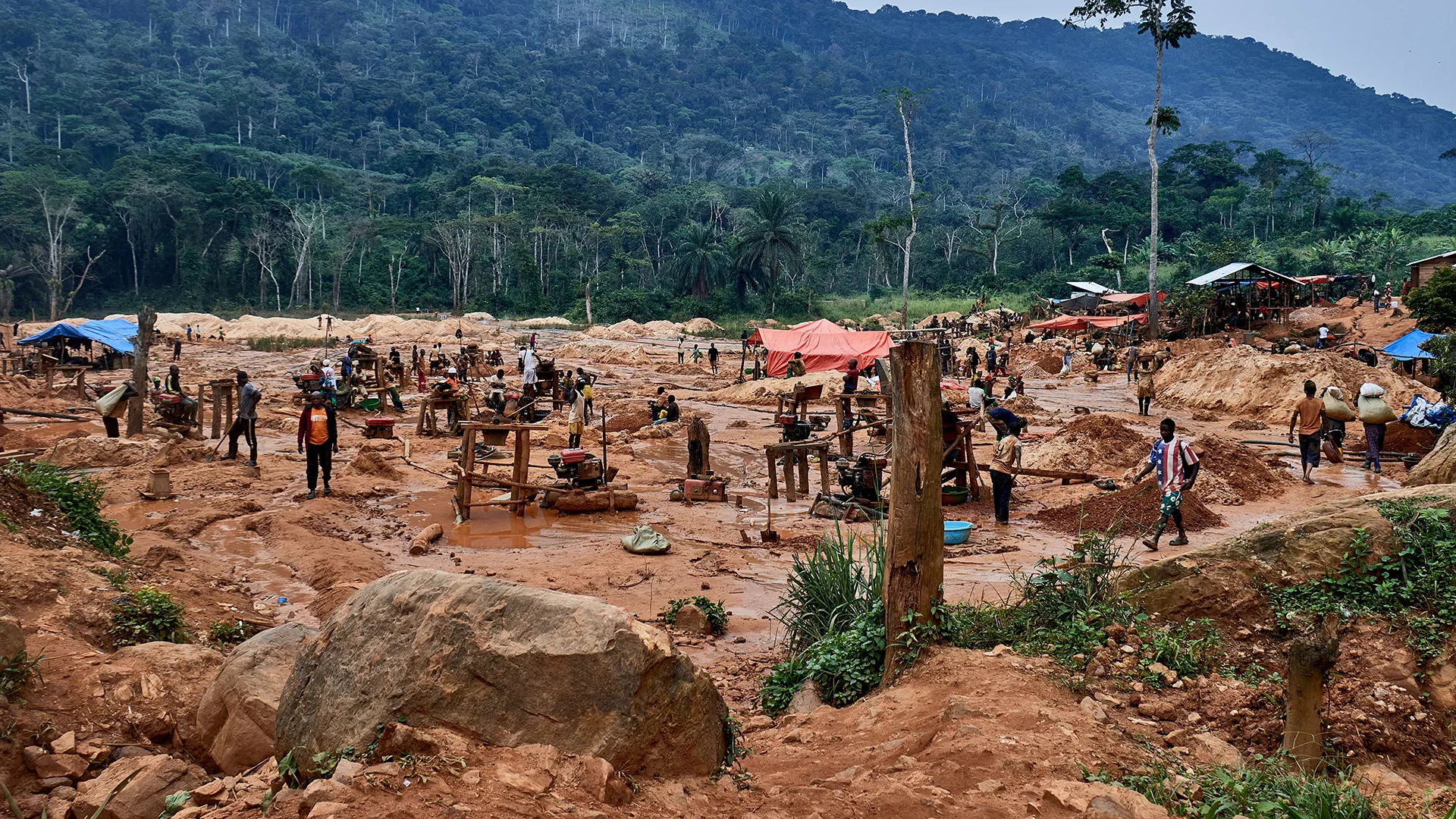Congo Forces Unleash Drone Attacks on M23 Rebels

The armed forces of the Democratic Republic of Congo (DRC) have deployed drone technology against several positions of the M23/AFC rebels around Mpety of Walikale territory in North Kivu.
According to local administrative sources, the first explosions from the drone attack occurred around 1 p.m. on Feb. 11, causing widespread panic among villagers and forcing families to leave their homes.
The strikes occurred 48 hours after similar operations aimed at rebel positions in Mindjendje, close to Mpety in the Banakindi area. According to various sources in the region, the earlier missions resulted in multiple non-fatal injuries among the M23/AFC forces.
In the past month, the Walikale territory, particularly the Pinga-Mpety-Mindjendje axis, has been the theatre of violent clashes between the army and the M23/AFC rebels. This strategic area is highly sought after by both parties, intensifying regional security instability.
The ongoing airstrikes are part of a strategy by the DRC army to reclaim control of key areas around Pinga, which is regarded as the security hub of Walikale territory. The growing arms race between the Congolese government and the M23 rebels has necessitated investments in drone warfare by both parties.
DRC has particularly invested heavily in acquiring military drones, especially the China-made Wing Loong 2 combat drone. In 2023, the country purchased nine Chinese attack drones to strengthen its military capabilities amid the war against the M23 rebels.
The drones are recognised for their precision strike capabilities and long endurance. They are expected to give Congo’s armed forces a tactical advantage as they work to counter the M23’s advances, which Kinshasa classifies as a terrorist organisation.
The Democratic Republic of Congo’s (DRC) armed forces have deployed drones against M23/AFC rebel positions around Mpety in North Kivu.
Local reports indicate that drone strikes, initiated on Feb. 11, have caused panic and displacement among villagers. These attacks followed recent operations in nearby Mindjendje, which resulted in non-fatal injuries among the rebels.
The Pinga-Mpety-Mindjendje region has witnessed intense clashes due to its strategic significance, with both the army and M23 seeking control. As part of its strategy to regain territory, the DRC has invested in military technology, notably acquiring nine Chinese Wing Loong 2 drones in 2023.
These drones, known for precision and endurance, aim to give the DRC a tactical edge against the M23, labeled a terrorist group by Kinshasa.





